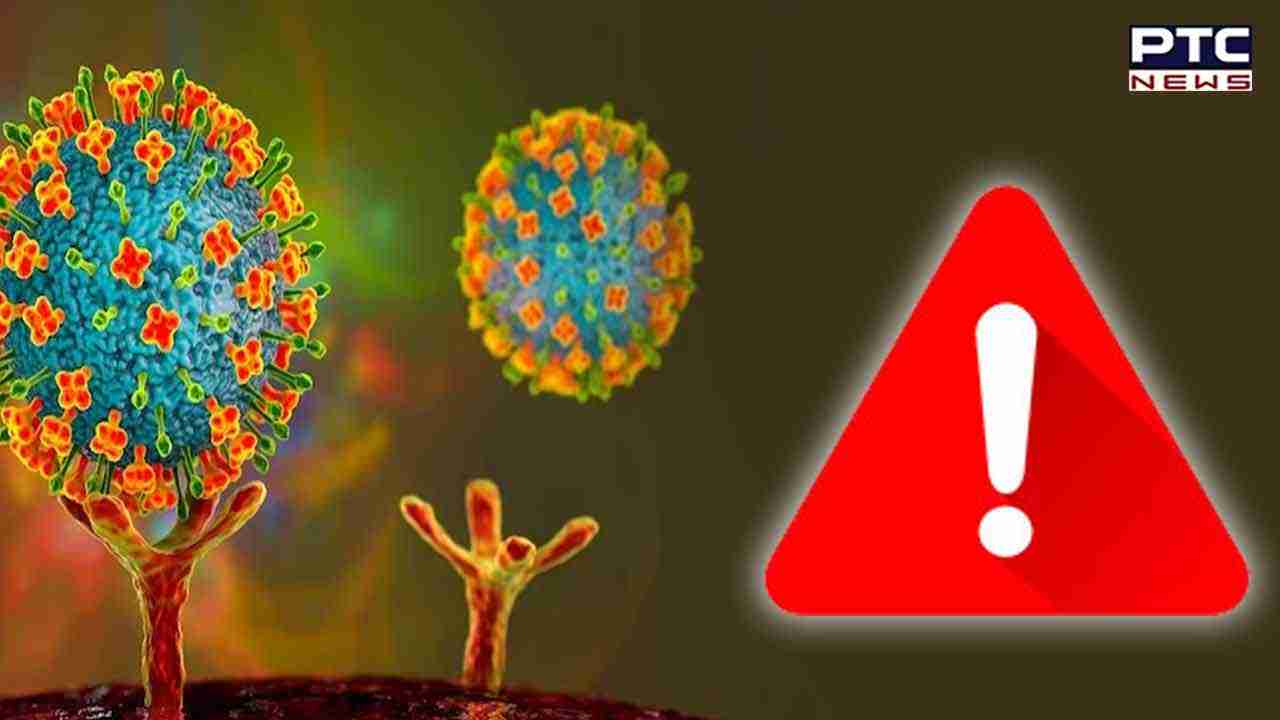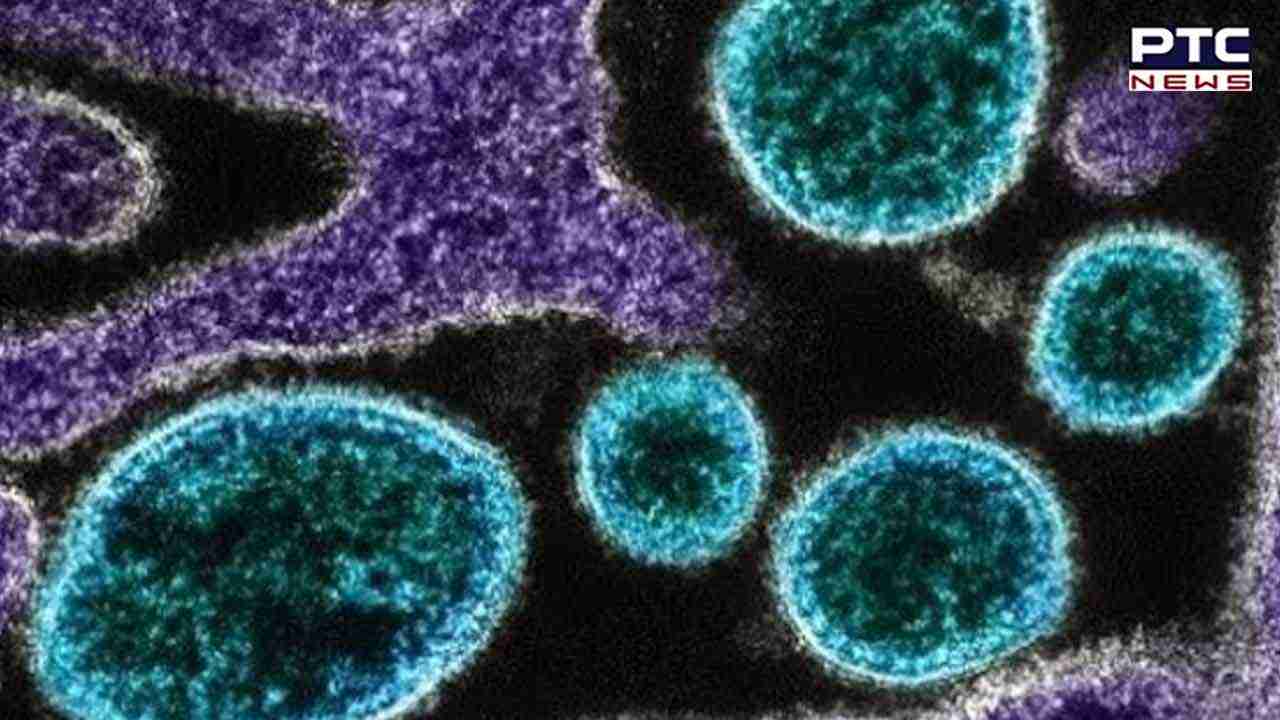

Nipah virus alert in India: Deadly zoonotic disease resurfaces; know symptoms
Nipah Virus Alert in India: The Kerala health department has issued a health alert in Kozhikode following the deaths of two individuals in the district, which were deemed as "unnatural" and suspected to be linked to Nipah virus (NiV) infection.
State Health Minister Veena George stated that the relatives of one of the deceased individuals had also been hospitalised in the Intensive Care Unit (ICU), as reported by a news agency.
Nipah virus (NiV) is a zoonotic virus that can cause severe illness and even death in humans. It was first identified in Malaysia in 1998 during an outbreak among pig farmers and has since been responsible for several outbreaks in South and Southeast Asia. Kozhikode and Malappuram districts in south India experienced the first-ever Nipah virus outbreak in 2018. Unfortunately, the region faced yet another significant outbreak in 2021.

How it is transmitted?
Nipah virus is primarily transmitted from animals to humans, especially through direct contact with infected pigs or their contaminated tissues and fluids. It can also spread from bats to humans when humans come into contact with bat urine, saliva, or feces, or by consuming fruits that have been partially eaten by infected bats.
Know the symptoms
Nipah virus infection can cause a range of symptoms, including fever, headache, muscle pain, vomiting, and sore throat. As the disease progresses, it can lead to encephalitis (inflammation of the brain), which is associated with symptoms such as confusion, drowsiness, seizures, and coma.
The mortality rate for Nipah virus infection can be high, ranging from 40 per cent to 75 per cent, depending on the outbreak.
How is Nipah virus diagnosed?
Laboratory tests, including PCR (polymerase chain reaction) and serological tests, are used to diagnose Nipah virus infection. Early diagnosis and isolation of infected individuals are crucial to prevent further transmission.
Is there any treatment available?
There is no specific antiviral treatment for Nipah virus infection. Supportive care, including maintaining hydration and providing mechanical ventilation if needed, is essential for managing severe cases.
Prevention tips
Preventive measures include avoiding contact with infected animals, especially pigs and bats. Healthcare workers caring for Nipah virus patients should follow strict infection control precautions.
- With inputs from agencies
